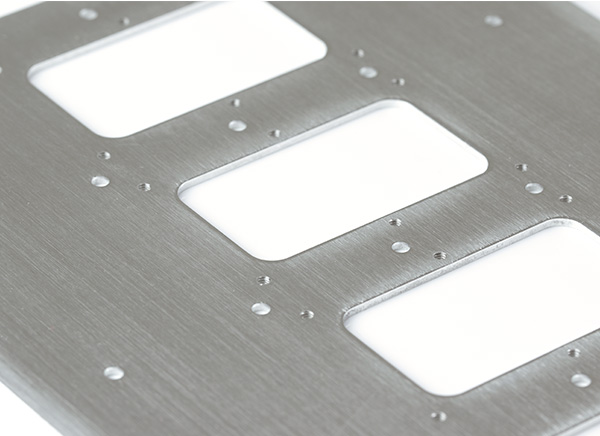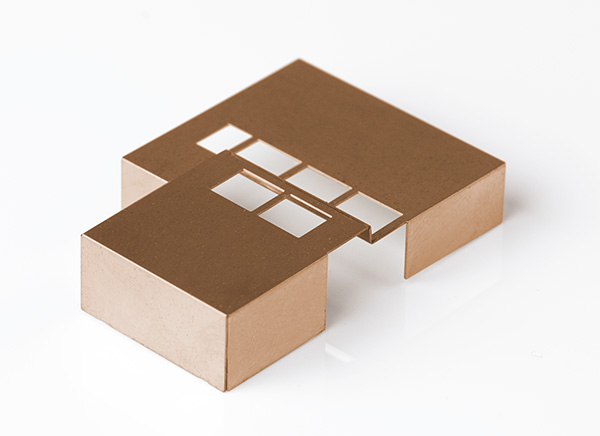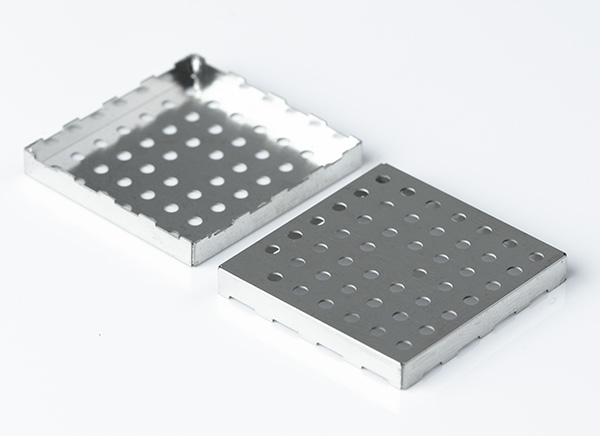The Characteristics of the Most Popular RF Shielding Materials

When it comes to variables that influence the performance of an RF shielding enclosure, the selected material is at the top of the list. It either absorbs or reflects EMI radiations, ensuring the device is immune to radio frequency interference. Your RF shielding material should be based on your application’s specifications and performance needs.
The most popular RF shielding materials are aluminum, copper and steel. Each offers a unique set of characteristics for an enclosure.
 Aluminum
Aluminum
A versatile RF shielding material option that can block low frequency radio fields. Aluminum is malleable, has a high strength-to-weight ratio, and is great at thermal and electrical conductivity. This material can also be integrated throughout the device to create an entire aluminum shield to act against low radio frequencies.
Aluminum can be subject to galvanic corrosion and oxidation, but that can be eased by limiting its exposure to the elements and through consistent maintenance.
 Copper
Copper
As a base metal, copper is easy to manufacture and install. It is flexible and can effortlessly mold into different shapes. Copper offers a high conductivity, which serves as an effective shield against radio frequency waves. It also provides better resistance to oxidation and corrosion when exposed to weather elements. Copper-based shielding can be costly.
 Steel
Steel
Steel-based alloys are an RF material that offer magnetic field shielding capacity but don’t provide as high of attenuation as copper and aluminum can.
Steel shielding offers various development processes. There’s hot rolling, cold rolling and grain orientation, which can all uniquely affect the shielding capabilities. It’s important to have a clear understanding of these process choices before introducing them into a project.
How Switzer Can Help
We are able to create your component out of a number of practical and durable metals, including stainless steel, copper alloys, and aluminum. Our experts can help you determine the right material.
- 300 & 400 series stainless steel
- Cold-rolled steel
- Copper
- Beryllium Copper
- Nickel Silver
- Phosphor Bronze
- Aluminum
- Invar
- Kovar
- Nickel
- Cupro Nickel
- Brass
When it comes to attenuating, leveling or terminating signals, Switzer can help consolidate your supply chain while maintaining compliance with RF industry standards. Learn more today!
Read More →
